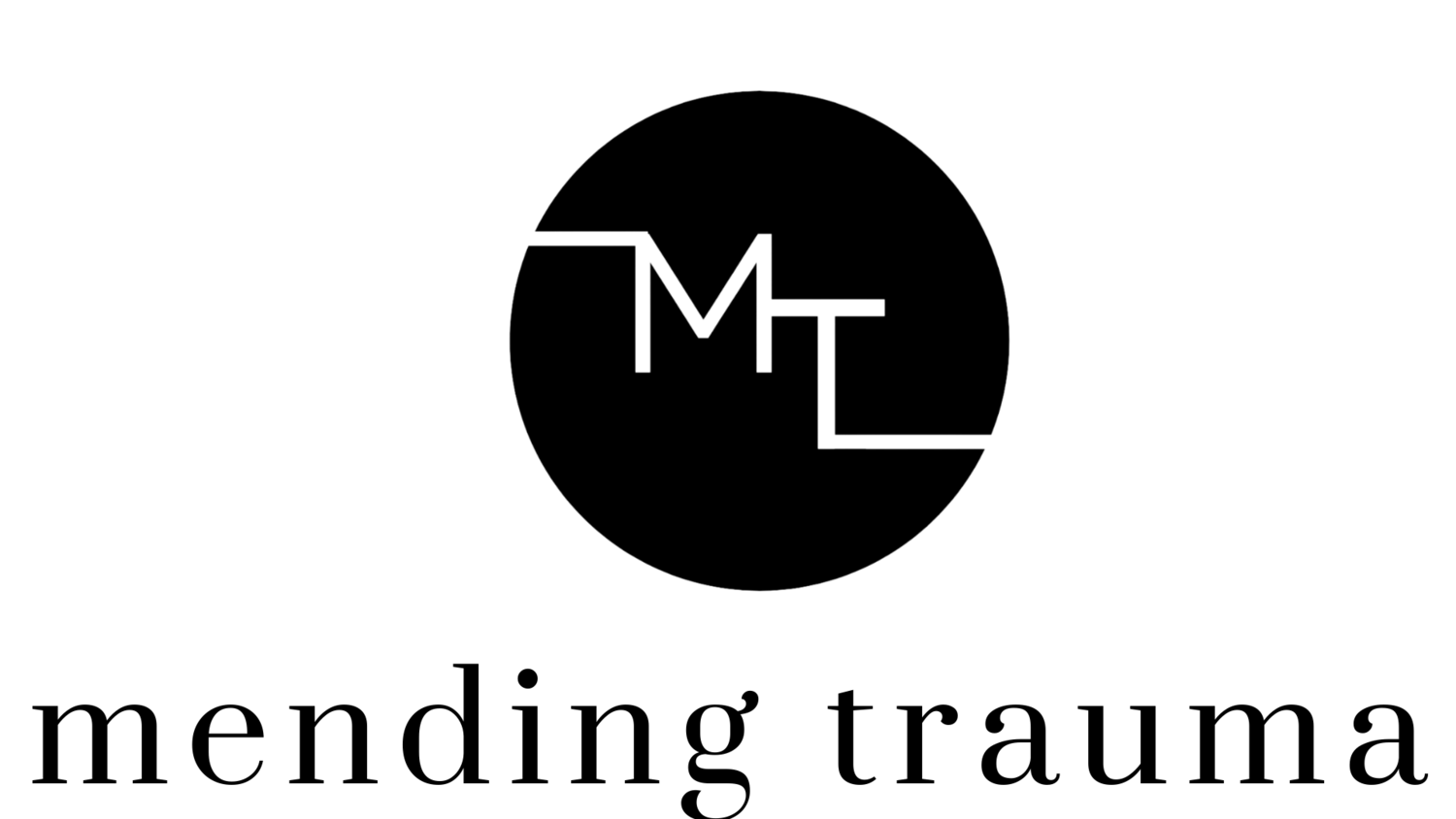How to Have Clean Communication
Today we're going to talk about a topic that has been very helpful for me personally: clean communication.
What is clean communication?
Clean communication has to do with really understanding the role of listener and receiver and the part of speaker and provider of information. It starts with the concept that we can never make anyone do anything. This is a tough concept for humans to accept. Most of us have been taught very cloudy or muddy types of communication instead of being shown to be aware of what we are feeling and who's responsible. Instead, we blame, compare, demand, label, and pronounce judgments.
We have a challenging time taking each situation separately. We tend to hold onto memories from the past and be reminded of those memories during current problems. We can have cleaner communication when we avoid making statements about the other person's perceived motivation or intention.
How can I validate someone in a healthy way?
Validation is the ability to understand where the other person is coming from; it's not an agreement. So, if somebody says to me, "That restaurant is horrible, the last time we went there, I got food poisoning." You can understand why they would not want to go to that restaurant without agreeing that the restaurant is horrible. And if you start arguing that the restaurant is not terrible, you are off track in your communication because that's not the point.
A considerable barrier to clean communication is to tell somebody else how they feel or what they think. Another thing that can be a barrier to clean communication is that you believe that you are responsible for fixing someone else's emotions or experiences as the receiver. One of the impacts of trauma is the nervous system's desire to make everything smooth and even so that nobody will get hurt. So, it's a very understandable response when we've had childhood trauma, and it interferes with our connections.
What are steps I can take to have cleaner communication?
One action step is to understand that we are co-creators of our connections with others. When we have meaningful relationships, we have to stay focused on our part and what we can do to enhance those relationships, communication within those relationships, and connection. Awareness disappears as soon as judgment appears. And if you are self-judging or criticizing, then you are going to be stuck in a place where you're not aware of your behavior.
Another action step is to practice expressing yourself in short sentences and making very specific requests, mainly when you are upset. When we are upset, we tend to over-explain because we want somebody to understand us. So the best thing to do is speak in a few short sentences without blaming somebody else and owning our feelings, then stop and wait for a response.
For additional tips on mental health, trauma, and so much more, check out The Universe Is Your Therapist Podcast!
Come connect with us personally on Instagram!

